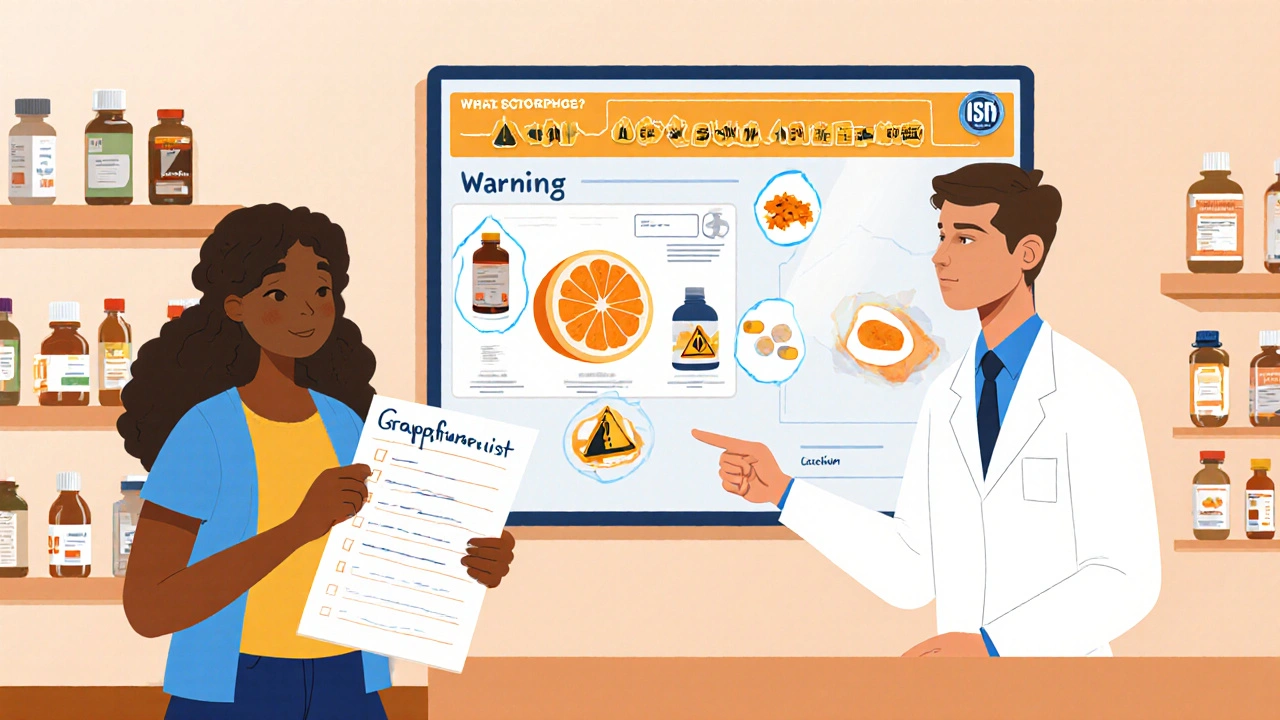When you take a supplement interaction, a change in how a dietary supplement affects your body when mixed with medication or other supplements. Also known as herbal-drug interaction, it can make your blood pressure drop too low, stop your blood thinner from working, or overload your liver. These aren’t just rare side effects—they happen every day, often without people realizing it.
Many assume that because something is "natural," it’s harmless. But St. John’s Wort, a popular herbal remedy for mild depression can knock out the effectiveness of birth control, blood thinners, and even some cancer drugs. Vitamin K, a nutrient found in leafy greens and supplements directly counters warfarin, making your blood clot faster when you need it to stay thin. And calcium supplements, often taken for bone health can block absorption of thyroid meds and antibiotics if taken at the same time. These aren’t theoretical risks—they’re documented, preventable dangers.
Supplement interactions don’t just happen with prescription drugs. Mixing garlic supplements, used for heart health and immunity with NSAIDs like ibuprofen can spike your risk of bleeding. Taking magnesium, commonly used for muscle cramps and sleep with certain antibiotics means neither works as well. Even something as simple as grapefruit juice can mess with how your body breaks down over 85 medications, from statins to blood pressure pills. The problem isn’t the supplement itself—it’s the combo.
Why does this happen? Your body uses the same liver enzymes to process both drugs and supplements. When one fills up those enzymes, the other either builds up to toxic levels or gets flushed out too fast. That’s why a daily fish oil pill might seem fine on its own but turns dangerous when paired with your blood pressure med. It’s not magic—it’s biochemistry.
What you’ll find in these posts aren’t generic warnings or fear-mongering lists. You’ll see real cases: how supplement interactions affected people taking blood thinners, antidepressants, or heart meds. You’ll learn which supplements to avoid with common prescriptions, how to time doses to reduce risk, and what signs to watch for if something’s going wrong. We cover how acid-reducing meds change absorption, why some herbal products interfere with anesthesia, and how to talk to your pharmacist about what you’re really taking. No fluff. No jargon. Just what works—and what could hurt you.

Learn how to talk to your pharmacist about supplements and food interactions to avoid dangerous drug reactions. Get practical tips on what to bring, what to ask, and which supplements and foods pose the biggest risks with common medications.
read more